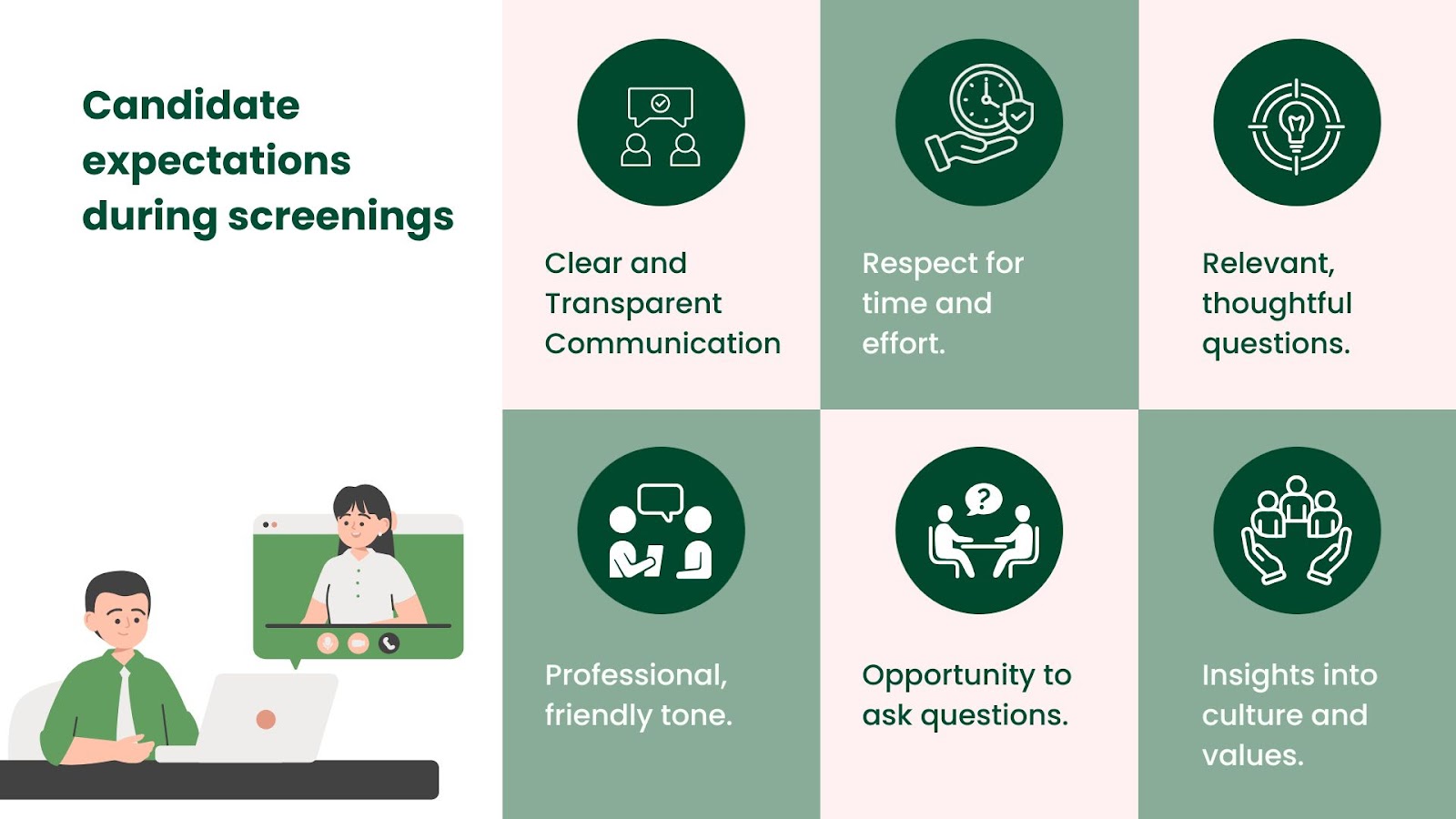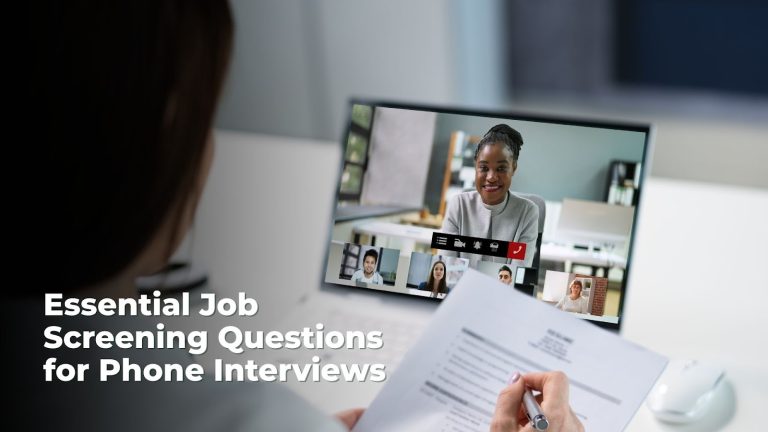Introduction
Hiring the right candidate can be a daunting process. With hundreds of resumes to sift through, endless rounds of interviews, and the need to make fast yet accurate decisions, it’s no wonder HR departments often find themselves overwhelmed.
Phone interviews are ideal for this purpose—they allow you to gauge a candidate’s fit, communication skills, and enthusiasm before diving into more in-depth, in-person conversations.
In this blog, we will explore how to craft and ask the right job screening questions that can help you identify top talent and save time in your hiring process.
What Are Screening Questions for Interviews?
Screening questions are used early in the hiring process to quickly decide if a candidate meets the basic job requirements. They’re usually short and direct, helping recruiters filter out unqualified applicants before the actual interview stage.
Common Features of Screening Questions:
- Simple and direct – Easy for candidates to answer quickly.
- Used to check basic qualifications – Like experience, skills, education, or certifications.
- Saves time – Helps hiring managers focus only on serious or qualified applicants.
- Checks work eligibility – For example, “Are you legally authorized to work in this country?”
- Assess availability – Such as “Can you start within the next two weeks?”
The Importance of Screening Questions in Phone Interviews
Screening questions in phone interviews are crucial for efficiently assessing candidates and identifying the best fit for your role. Here’s a brief overview of why they matter:
1. Quickly Identify Unqualified Candidates
Screening questions help you filter out candidates who don’t meet the minimum requirements, saving time for both you and the candidate. For example, asking about salary expectations early can help avoid surprises later in the process.
2. Assess Communication Skills and Experience
The way candidates communicate on the phone is key. It shows their ability to articulate thoughts and their depth of experience. Asking for specific examples from their past roles can help gauge their qualifications and practical knowledge.
3. Evaluate Cultural Fit
Cultural fit is just as important as qualifications. Screening questions about work preferences and past environments help assess whether a candidate will thrive in your company’s culture and team dynamic.
4. Measure Motivation and Commitment
Understanding why a candidate is interested in the role helps you gauge their long-term commitment. Candidates who are motivated by growth opportunities are more likely to stay and contribute positively to your organization.
5. Save Time and Resources
By asking the right questions early on, you can quickly identify top candidates, eliminating unnecessary follow-up interviews and speeding up the hiring process.
6. Enhance Objectivity
Using consistent, structured questions ensures all candidates are evaluated fairly, reducing bias and enabling you to make objective, data-driven decisions.
In short, screening questions are a powerful tool to streamline your hiring process, save time, and ensure you’re hiring candidates who are not only qualified but also aligned with your company’s values.
Tools such as TeamLease Digital can empower your HR team to focus on the most critical aspects of hiring, reducing manual overhead.
Let’s get to the kind of questions that will ensure you’re both on the same page from the start.
Common Types of Phone Interview Questions
To effectively assess candidates, you’ll need to use a variety of screening questions. Here’s a breakdown of common question types used in phone interviews:
- Basic Information Questions
These questions are foundational and ensure that the candidate’s background is in line with the job’s requirements. They help you gather essential information about the candidate’s qualifications and career goals.
- Behavioral Questions
Behavioral questions are powerful tools for assessing how a candidate has handled specific situations in the past. The idea is that past behavior is the best predictor of future behavior.
- Technical or Skill-Based Questions
These questions focus on the specific knowledge and abilities necessary to succeed in the role. These can vary greatly depending on the job.
Structured questionnaires supported by HR platforms like TeamLease Digital ensure you create a consistent evaluation metric across interviews.
Examples of Effective Screening Questions
To ensure you’re getting the most valuable responses, ask well-thought-out screening questions that dig deeper into the candidate’s qualifications, motivations, and potential fit. Here are some key examples:
- “What interests you about this role and our company?”
Helps determine if the candidate has researched the company and is genuinely interested in the position. - “How does your past experience align with what we’re looking for?”
Shows how the candidate connects their past roles to the job requirements. - “Where do you see yourself in two to three years?”
Reveals if the candidate’s future goals align with your company’s growth opportunities. - “Can you describe a challenge you’ve faced at work and how you overcame it?”
Assesses problem-solving and resilience in challenging situations. - “How do you prioritize and manage your workload?”
Shows their ability to manage tasks efficiently and stay organized. - “What motivates you in a job?”
Reveals if their motivators align with your company’s environment and values. - “Why did you leave your previous position?”
Gives insight into their career decisions and reasons for leaving. - “How do you handle feedback and criticism?”
Assesses openness to feedback and a willingness to improve. - “Tell me about a time you worked in a team and what role you played.”
Helps evaluate their teamwork and collaboration skills. - “What skills are you looking to develop in your next job?”
Shows if their learning goals align with the opportunities your company provides. - “What kind of work environment helps you do your best work?”
Assesses cultural fit and expectations. - “How do you approach learning a new tool or system?”
Evaluates adaptability and self-learning ability. - “Have you ever disagreed with a manager’s decision? How did you handle it?”
Shows professionalism, communication, and problem resolution. - “What’s a professional achievement you’re most proud of?”
Gives insight into what they value and where they shine. - “Are you interviewing with other companies right now?”
Helps understand how far along they are in their job search (use respectfully). - “What does an ideal manager or leadership style look like to you?”
Reveals how they prefer to be supported and managed. - “How do you stay organized when juggling multiple deadlines?”
Assesses their ability to multitask and maintain productivity under pressure. - “What’s one thing you’d improve about your current or last role?”
Highlights self-awareness and what they’re seeking in a new opportunity. - “Have you worked remotely or in a hybrid setup before? How did you manage collaboration?”
Checks remote work experience and communication habits. - “Is there anything not on your resume that you think we should know?”
Gives them space to share hidden strengths, passions, or unique experiences.
Developing impactful questions is simplified with the resources available on comprehensive HR platforms like hrtech, providing you with access to best practices in the industry.
So, now that we’ve covered how to nail those phone interviews with the right screening questions, let’s dive into what candidates are expecting when they’re on the other end of that call.
What Candidates Expect During Job Screening Calls?

To make a strong impression during screening calls, it’s important to meet candidate expectations. Here’s what they typically look for:
- Clear Communication: Outline the call structure and explain next steps. Clarity builds trust.
- Respect for Time: Stick to the scheduled duration. Keep it focused and efficient.
- Relevant Questions: Ask questions aligned with the role and the candidate’s experience.
- Friendly, Professional Tone: Be approachable and human — not robotic or overly formal.
- Time to Ask Questions: Give candidates space to ask about the role, team, and company.
- Insight into Company Culture: Share a brief but honest picture of your values and work environment.
Meeting these expectations shows respect and helps attract top talent.
Streamline your screening process using TeamLease Digital‘s tools to maintain clear, professional communication that leaves a positive impression.
Signs That Candidates Are Evaluating You Too
While you are assessing candidates’ skills, experience, and cultural fit, candidates are just as carefully evaluating you and your company. Here are some clear signs that candidates are evaluating you during the job screening process:
1. They Ask Detailed Questions About Company Culture
If a candidate asks about your company’s mission, values, team structure, or work environment, it’s a strong sign they’re thinking beyond just the role itself. They want to know whether the organization aligns with their personal values and preferred working style.
Example questions candidates may ask:
- “How would you describe the company’s culture?”
- “What qualities make someone successful on your team?”
- “How does the company support work-life balance?”
What it means: They’re seriously considering if this is a place they can thrive—not just a paycheck.
2. They Inquire About Career Growth Opportunities
When candidates ask about training, mentorship, promotions, or professional development programs, they’re trying to understand if your company is a place where they can build a long-term career.
Typical questions include:
- “What career progression paths are common for this role?”
- “Does the company offer learning and development programs?”
What it means: They are already thinking about a future with you, not just a short-term job.
3. They Pay Close Attention to How You Communicate
Candidates take cues from the way you interact with them. If you’re professional, respectful, and organized, it signals that the company values its people. Disorganization, delays, or lack of clear communication could signal red flags for candidates.
Signs they’re evaluating your communication style:
- They comment positively (or negatively) on how smooth the process feels.
- They follow up after interviews to gauge responsiveness.
What it means: How you handle the interview process shapes their perception of the overall company culture.
4. They Ask About Management Style and Leadership
Questions about team dynamics, decision-making processes, or leadership styles suggest the candidate is trying to understand whether they would feel supported and empowered at your company.
They may ask:
- “How does leadership typically handle feedback?”
- “What’s the management style like within the department?”
What it means: They’re looking for an environment where their work will be valued and their voice will be heard.
5. They Want Clarity on Stability and Future Vision
Serious candidates often want to understand the company’s market position, stability, and growth plans. If they’re asking about future goals, new projects, or company expansion, they are evaluating the company’s future alongside their own.
Questions may include:
- “What are the company’s growth plans over the next few years?”
- “Has the company experienced recent major changes?”
What it means: They are assessing job security and potential for long-term success with you.
Why Does This Matter?
Remember: The best candidates have options.
If they feel that your company is unorganized, uninspiring, or unclear in communication, they may move on to other opportunities, even if they were initially excited.
Treat every phone screening as an opportunity to sell your company just as much as you are assessing candidates. A positive, professional impression during the screening call can make a huge difference in attracting and retaining top talent.
Conclusion
Mastering the art of asking job screening questions in a phone interview is crucial for building a smart, efficient hiring process. These conversations aren’t just about identifying who doesn’t fit—they’re an opportunity to recognize top talent early, assess alignment with your team’s goals, and save valuable time and resources.
Want to streamline your hiring even further? Leverage hrtech platforms to automate scheduling, standardize question sets, record candidate feedback, and monitor hiring metrics all in one place. These tools take the guesswork out of screening and help your HR team focus on what really matters—people.
Start transforming your screening process with smarter TeamLease Digital solutions today!







